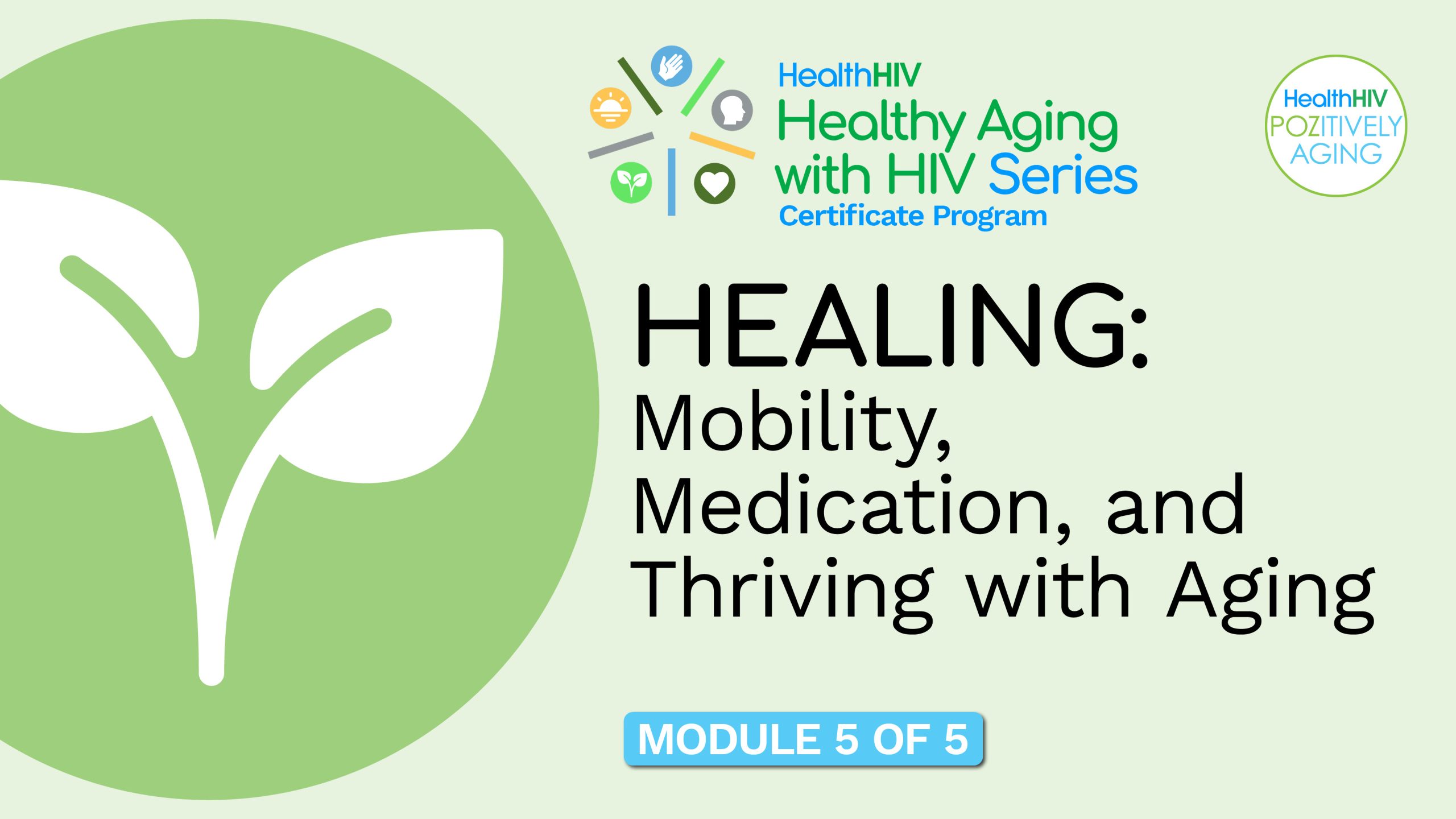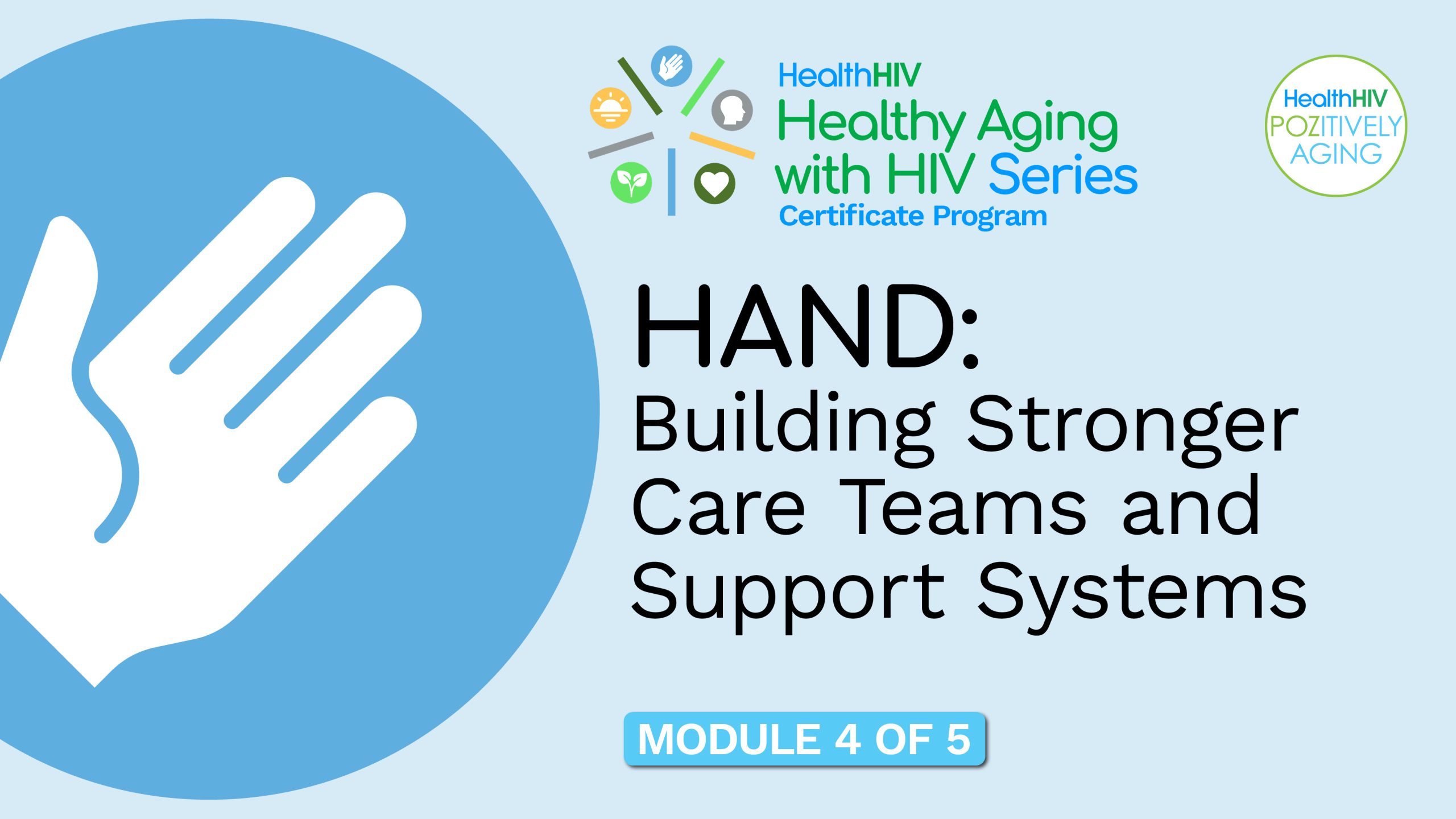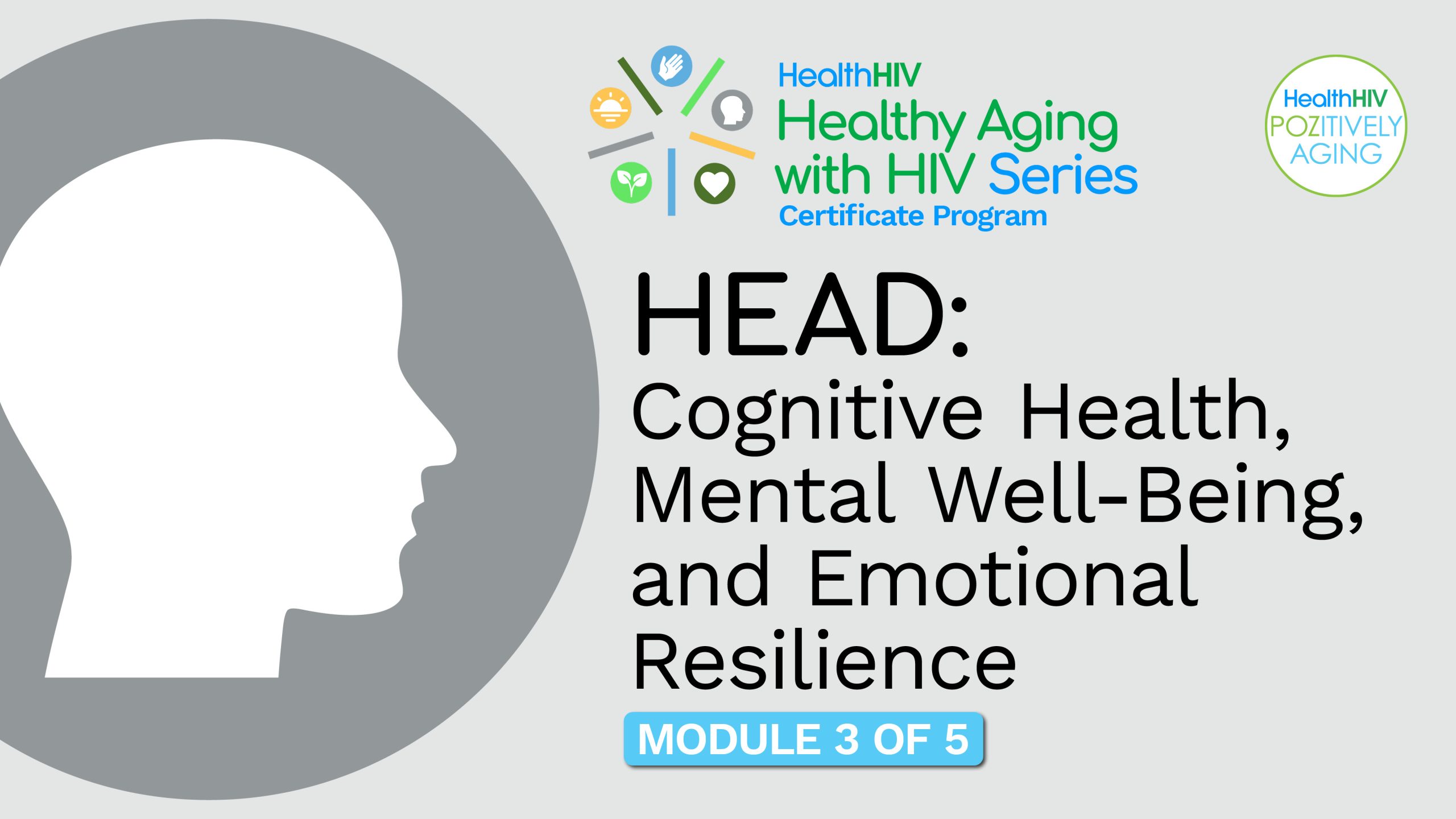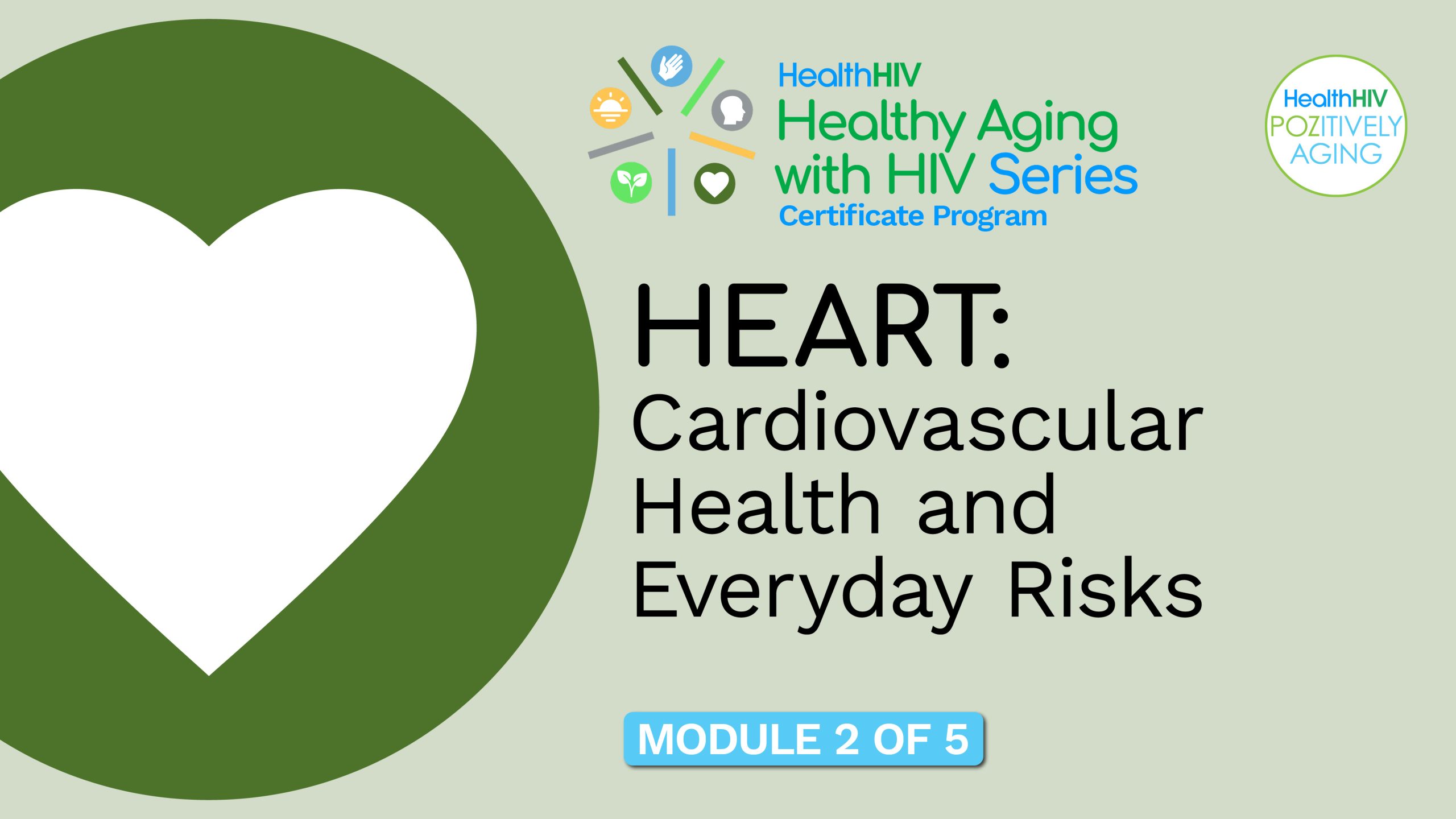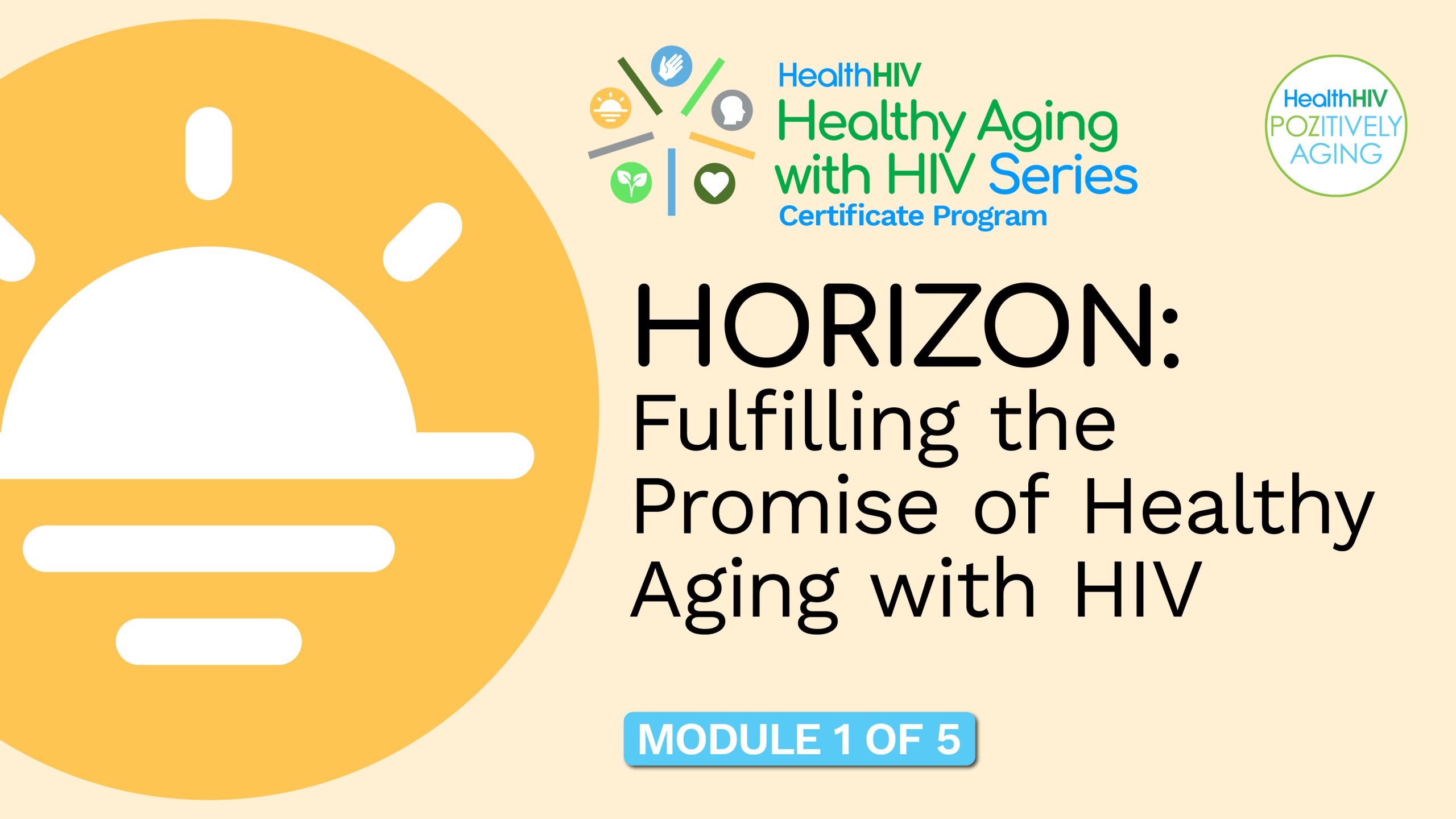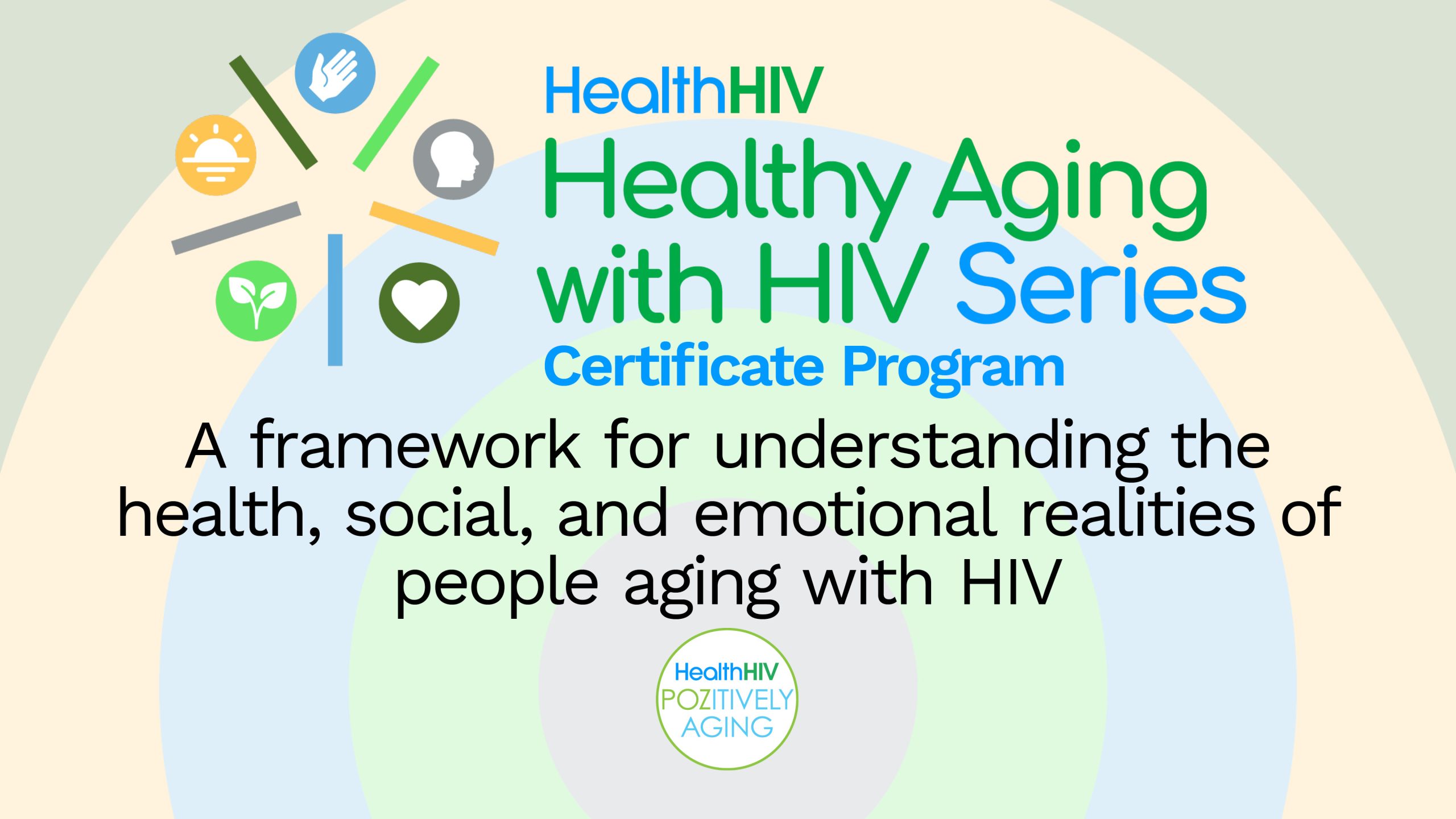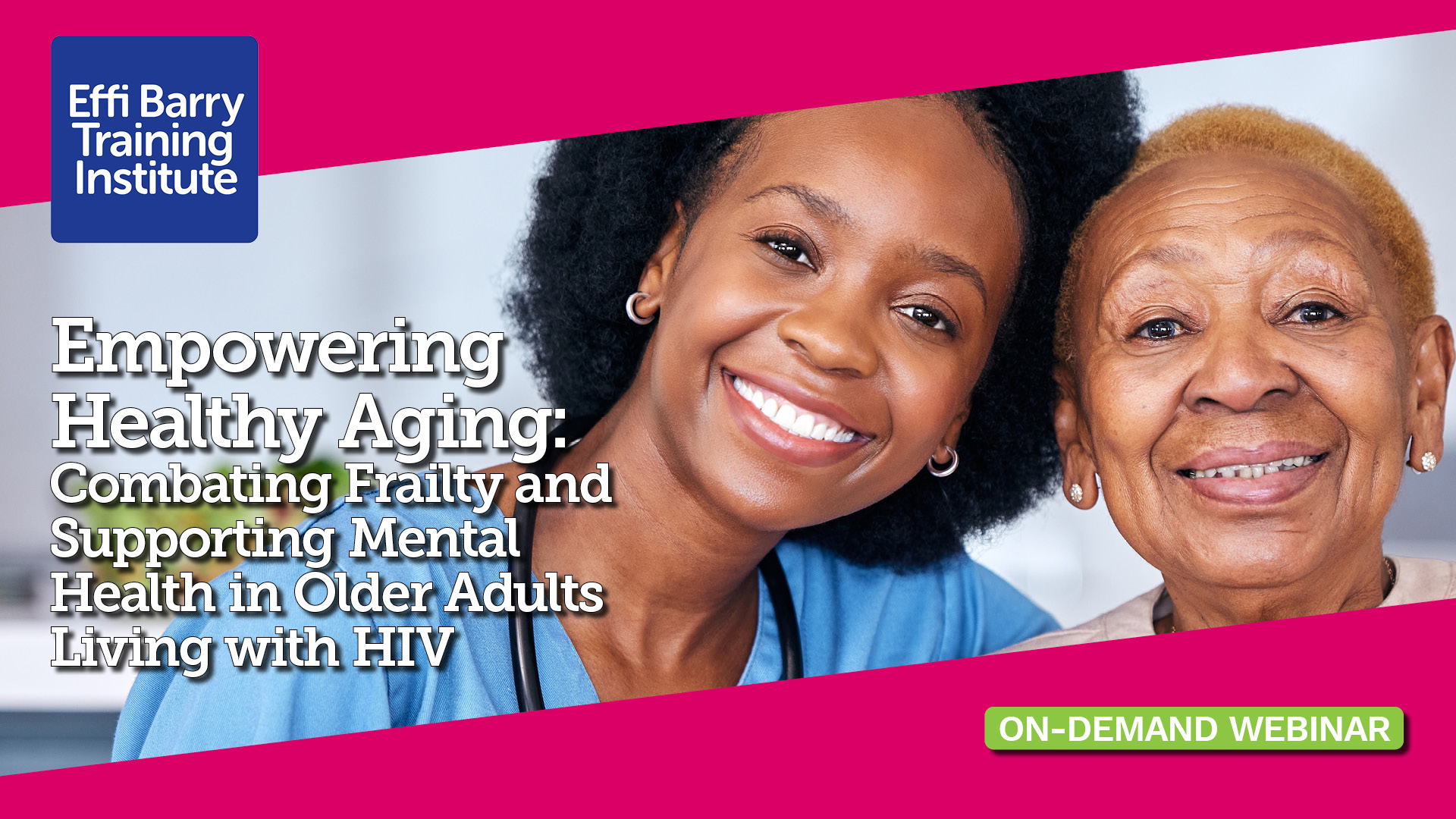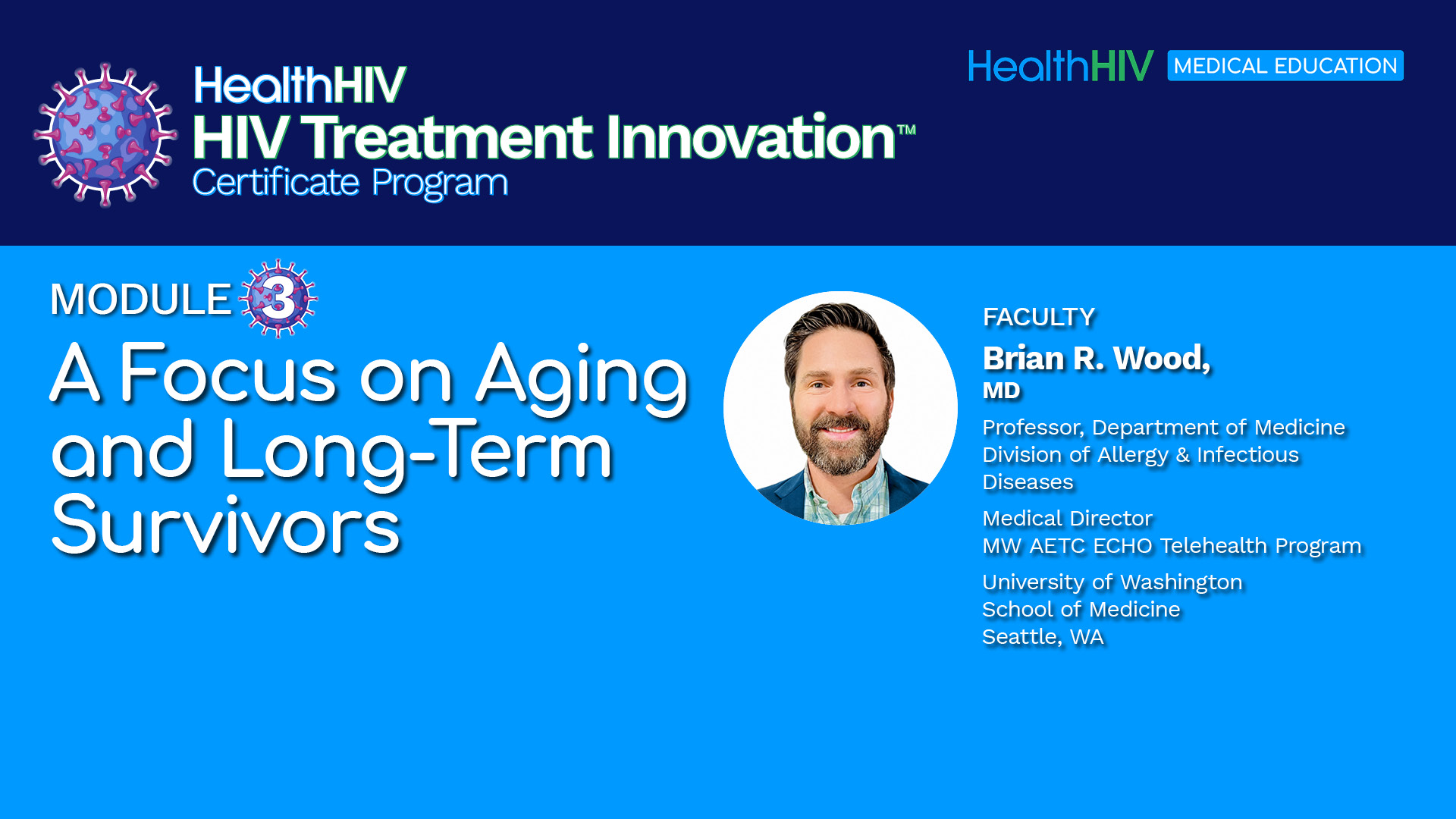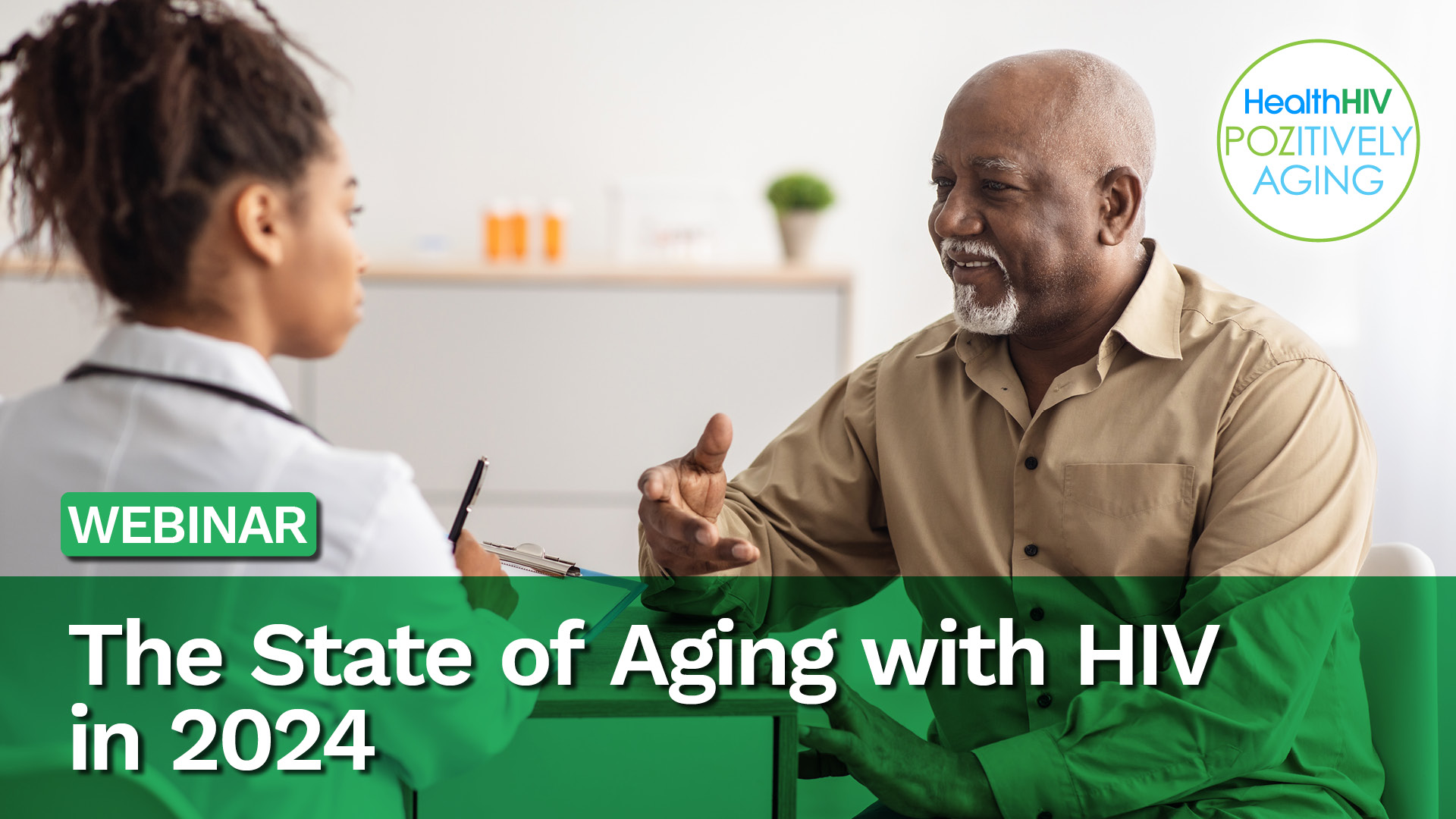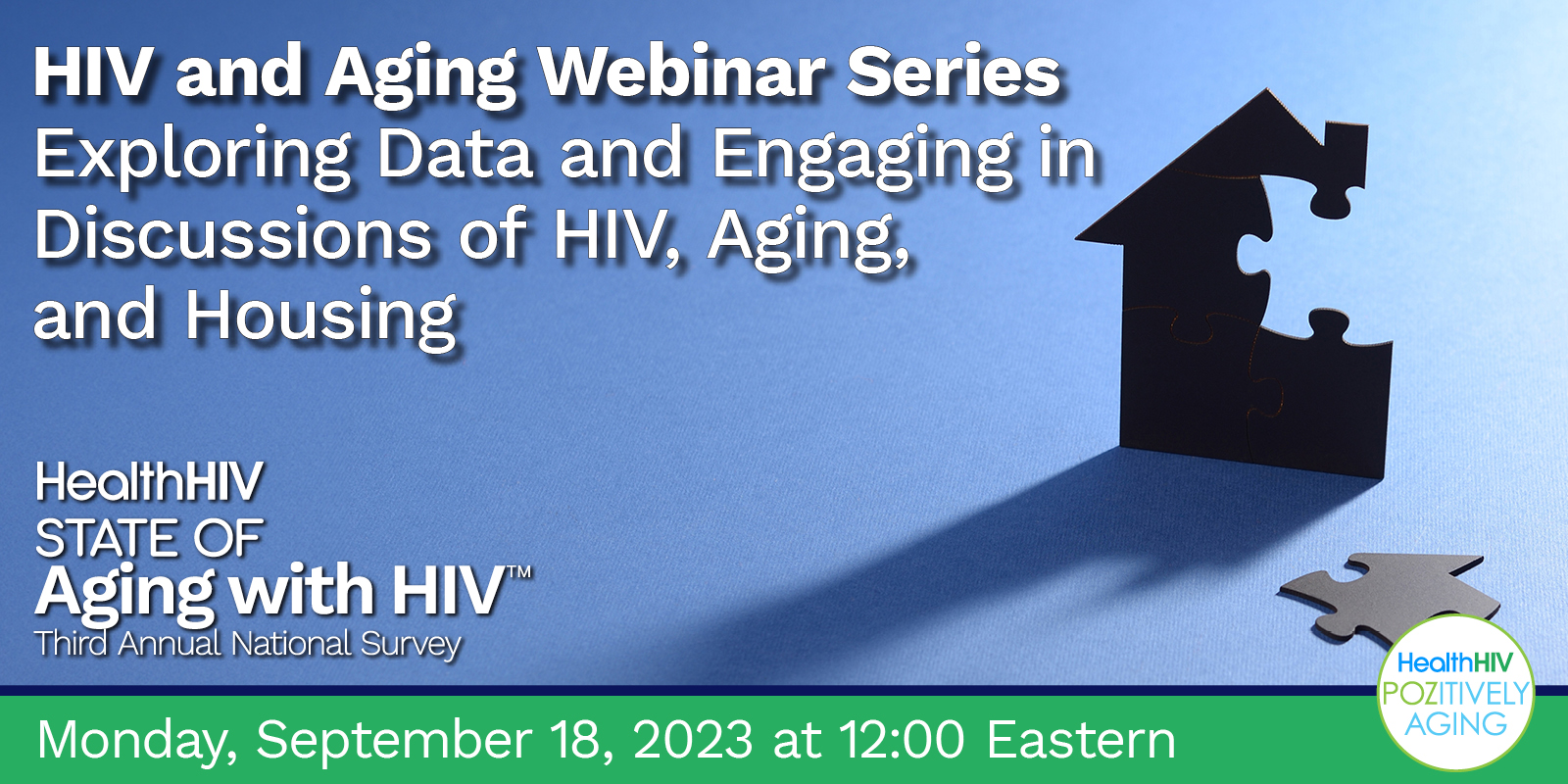Education
Learn about aging with HIV and care coordination through the lens of the physical, mental, behavioral, and clinical effects of living with and aging with HIV.
-
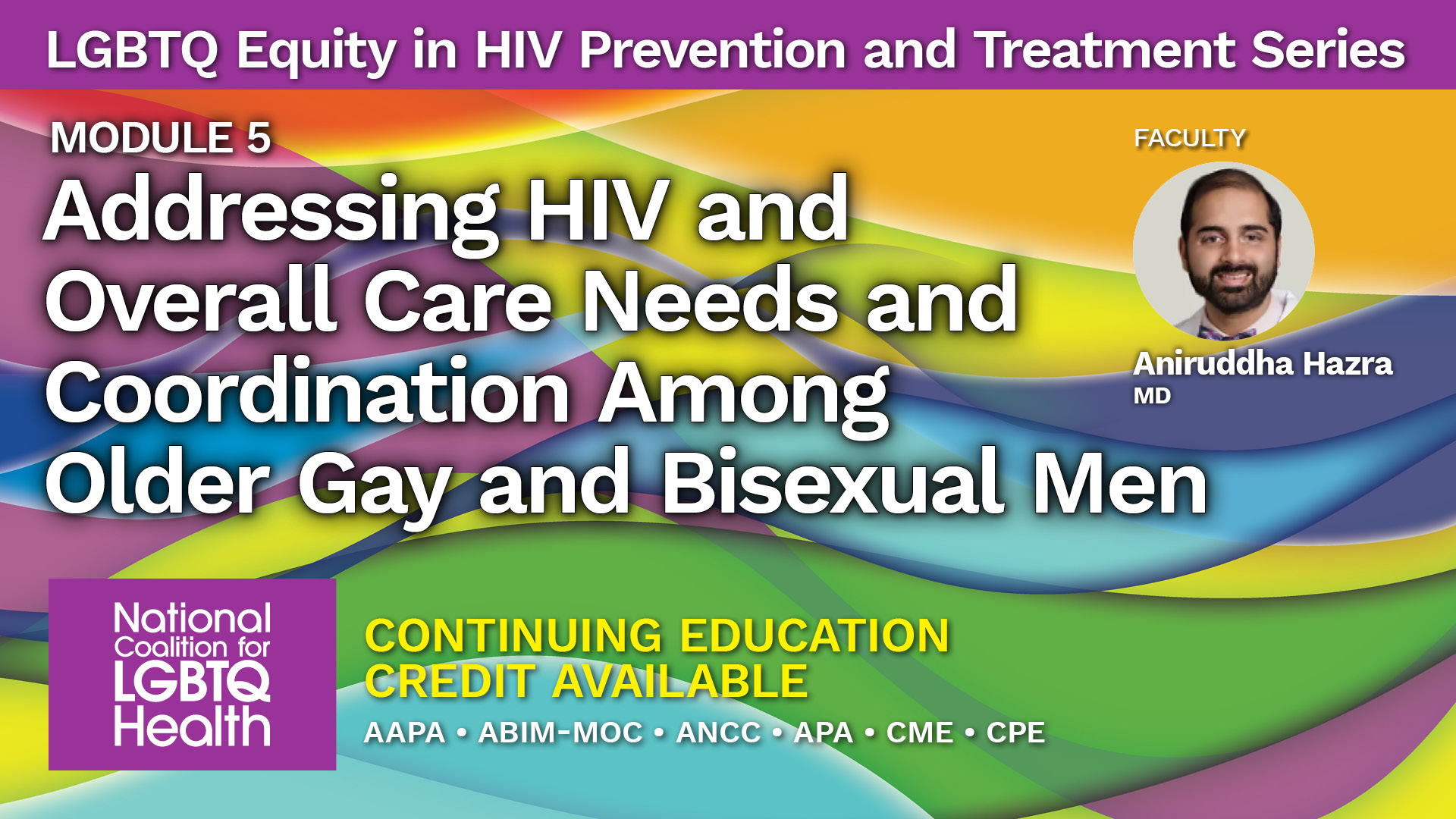
CREDIT AVAILABLE
Addressing HIV and Overall Care Needs and Coordination Among Older Gay and Bisexual Men
Join Aniruddha Hazra, MD, as he examines the intersection of aging, HIV, and broader health needs for older gay and bisexual men, with a focus on care coordination and long-term wellness. Additionally, Dr. Hazra will also provide critical insights into managing comorbidities, addressing social and mental health challenges, and strengthening interdisciplinary approaches to ensure holistic, affirming care for aging gay and bisexual men living with or at risk for HIV.
-
CREDIT AVAILABLE
HIV and Older Adults: Managing Chronic Disease and Polypharmacy
This webinar will focus on the unique healthcare needs of older adults living with HIV. Faculty will explore the challenges of managing multiple chronic conditions alongside HIV, as well as the complexities of using multiple medications, known as polypharmacy. The session will review strategies for optimizing care, minimizing drug interactions, and improving overall health outcomes in this growing population.

